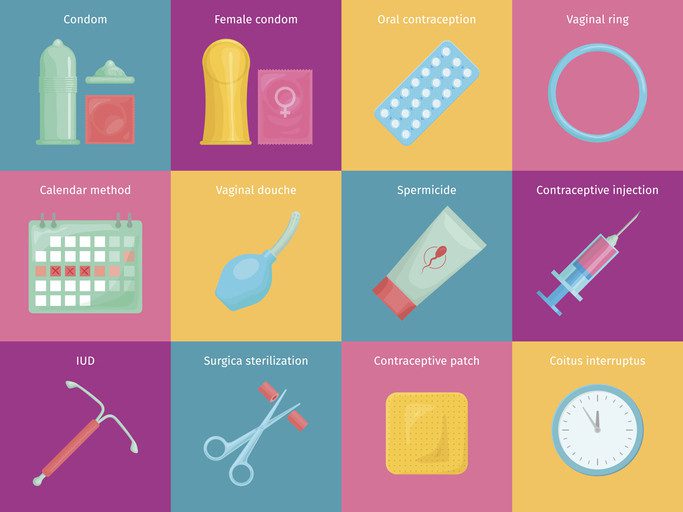Autoimmune disorders like lupus affect which contraceptive options are safe and effective for family planning.
If you’re living with an autoimmune disorder, you’re certainly not alone. An estimated 7% of Americans have an autoimmune disease such as lupus, rheumatoid arthritis, or multiple sclerosis — there are more than 80.
For reasons that remain mysterious, autoimmune disorders tend to disproportionately affect women. Often, they begin before or during potential child-bearing years, so there’s a good chance you’ll need to consider these important questions: How does an autoimmune disorder like lupus affect family planning and pregnancy, a topic we discussed in a previous post? And what are my best options for birth control?
Fortunately, guidelines endorsed by the American College of Rheumatology and American College of Obstetricians and Gynecologists can help you and your health care team answer these questions. These guidelines are based on expert opinion and clinical research.
Consider lupus
Systemic lupus erythematosus (SLE, or lupus for short) is an autoimmune disease that can cause inflammation and damage in multiple organs throughout the body. About 90% of people with lupus are biologically female, and the illness tends to begin between the ages of 15 and 35. Family planning is especially important for people with autoimmune disorders because some medicines can interact with birth control pills, and unplanned pregnancy can be dangerous to mother and fetus.
Fortunately, those who want to avoid a pregnancy can choose from many safe and effective birth control options. Each has important pros and cons to think about (see the Harvard Health Birth Control Center for details). But if you have lupus, there are additional considerations to think through with your healthcare team, including these:
- How active or severe is your disease? When lupus is active, you may be especially prone to potentially dangerous blood clots, such as deep vein thrombosis and pulmonary embolism. Birth control that contains estrogen (such as many birth control pills, the ring, and the patch) may also make you more prone to form blood clots. So, an intrauterine device (IUD) or a birth control pill that contains no estrogen may be a safer option.
- Are antiphospholipid antibodies present in your blood? These antibodies can also increase your risk of having a dangerous blood clot. Even if lupus is inactive, people who have these antibodies should not use birth control that contains estrogen.
- What are your preferences and experiences with different forms of birth control? Some people prefer the most effective option (such as an IUD or birth control implant). Others wish to avoid procedures or medicines and so might prefer a condom or diaphragm. If one type of birth control (such as condoms) failed to prevent pregnancy in the past, you may prefer something different going forward. Sharing preferences and experiences with your health care team can help you make a choice you’ll feel comfortable using.
- What medicines are you taking? Some drugs (such as mycophenolate) may reduce the effectiveness of birth control pills.
If you have lupus, talk with your doctor about your choices and decide together on the safest and most effective option. It’s also a good idea to discuss emergency options, such as the so-called morning after pill or Plan B.
Do you smoke?
If you smoke, make every effort to quit. You probably already know about the usual health risks linked to smoking, such as an increased risk of cancer, heart attacks, strokes, and lung disease. But the combination of lupus and smoking markedly increases the risk of having abnormal clotting — which rises even higher if you add birth control containing estrogen.
In addition, smoking may make certain treatments less effective and raise the risk of having more severe lupus. If you’ve found it difficult to quit smoking on your own, ask your healthcare team for help.
The bottom line
Most women with lupus can safely and successfully prevent an unplanned pregnancy and pursue a desired pregnancy when ready. Though certain details vary, the situation is similar for people with other autoimmune diseases.
Commenting has been closed for this post.
Source by www.health.harvard.edu


